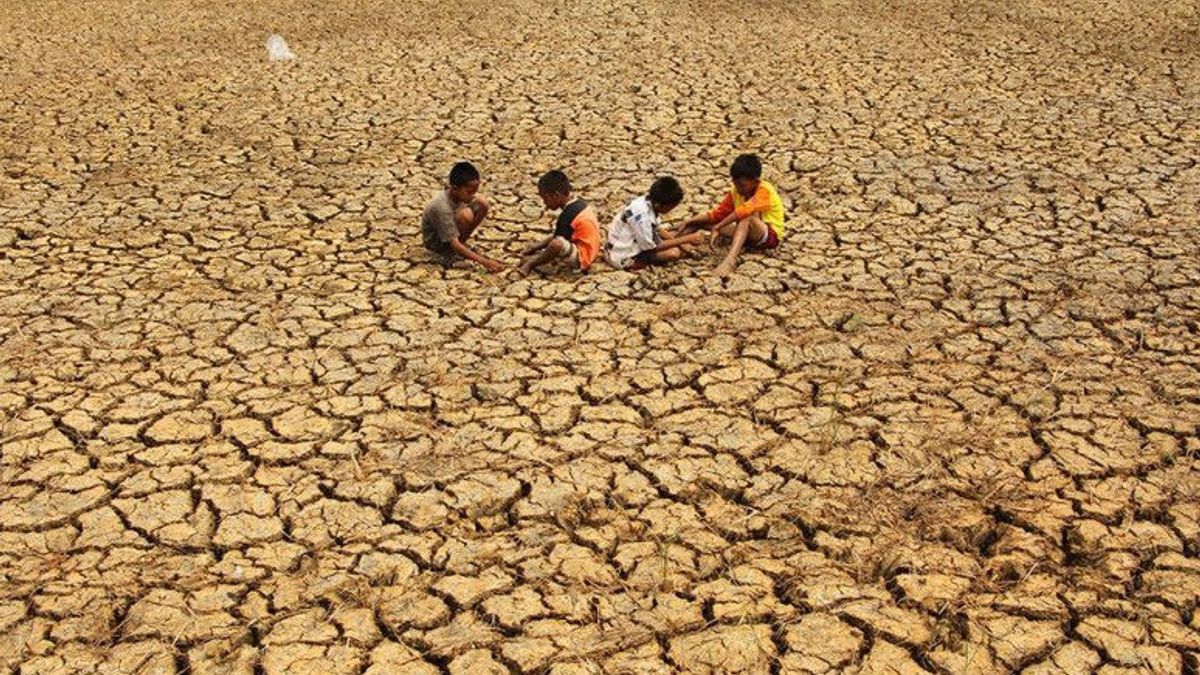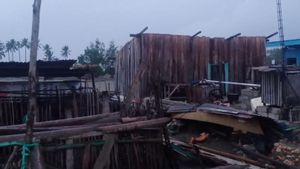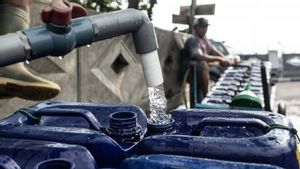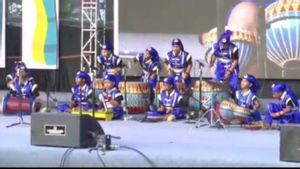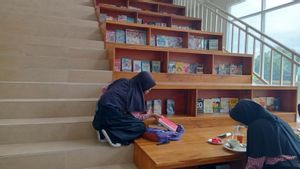MATARAM - The Meteorology, Climatology and Geophysics Agency (BMKG) stated that the peak of the dry season in September 2024 is still ongoing, so the potential for drought in West Nusa Tenggara (NTB) is predicted to expand.
"The peak of the dry season, the potential for drought is widespread," said NTB BMKG forecaster Ni Made Adi in a written statement quoted by ANTARA, Thursday, September 12.
On the second basis of September 2024 (11-20 September 2024) the potential for rain in the NTB region is very low. The potential for rain with light to moderate intensity (>20mm/dasarian) occurs in a small part of NTB.
"That is, around Mataram City and parts of West Sumbawa and Sumbawa Regencies, the southern part has a probability of less than 30 percent," he said.
Based on monitoring and predictions of basic rainfall, there are indications of meteorological drought (iclims) as a result of successive dry days with potential alert, alert and alert.
"The alert level is located in the East Lombok area (Wanasaba District)," he said.
Meanwhile, the Alert Level in Dompu (Dompu District, Huu, Kempo, Kilo, Manggalewa, Pajo, Woja), Bima Regency (Bolo District, Madapangga, Sanggar, Soromandi), Bima City (West Lombok District (Lembar District, Sekotong), Central Lombok (Pubuk District), East Lombok (Labuhan Haji District District, West Sakra District, Sambelia District, Sukamulia District), North Lombok (Baman District, Kayangan), Sumbawa (Buer District, North Moyo, Rhee, Sumbawa, Unter Iwes).
"Let's be vigilant in Bima Regency (Palibelo District), East Lombok (S Suela District).
Currently, all NTB areas are still in the dry season period. The people of NTB are encouraged to use water wisely, effectively and efficiently.
SEE ALSO:
The public also needs to be aware of the occurrence of forest and land fires and droughts that generally occur during the peak period of the dry season.
"People can take advantage of water reservoirs such as reservoirs, reservoirs, or other rainwater reservoirs to anticipate water shortages, especially in areas where drought often occurs," he said.
The English, Chinese, Japanese, Arabic, and French versions are automatically generated by the AI. So there may still be inaccuracies in translating, please always see Indonesian as our main language. (system supported by DigitalSiber.id)
